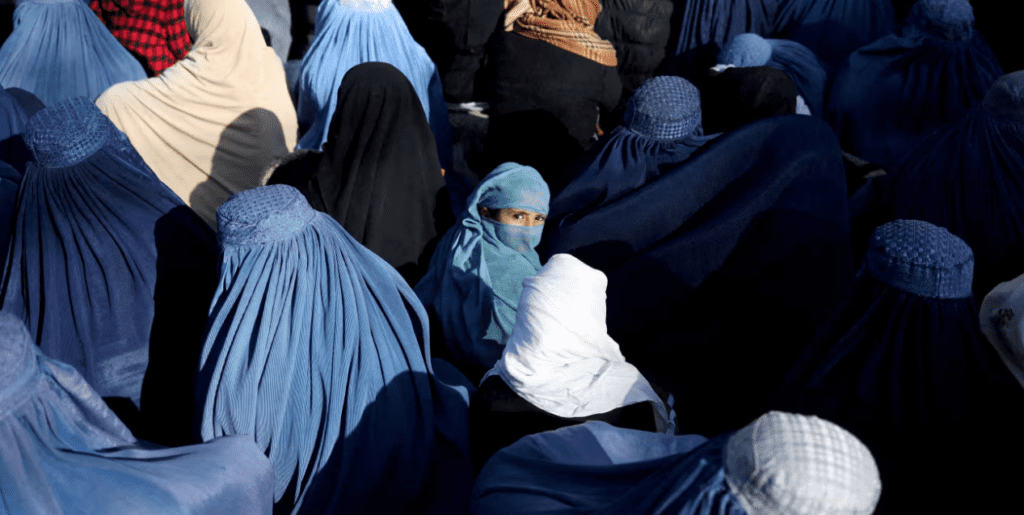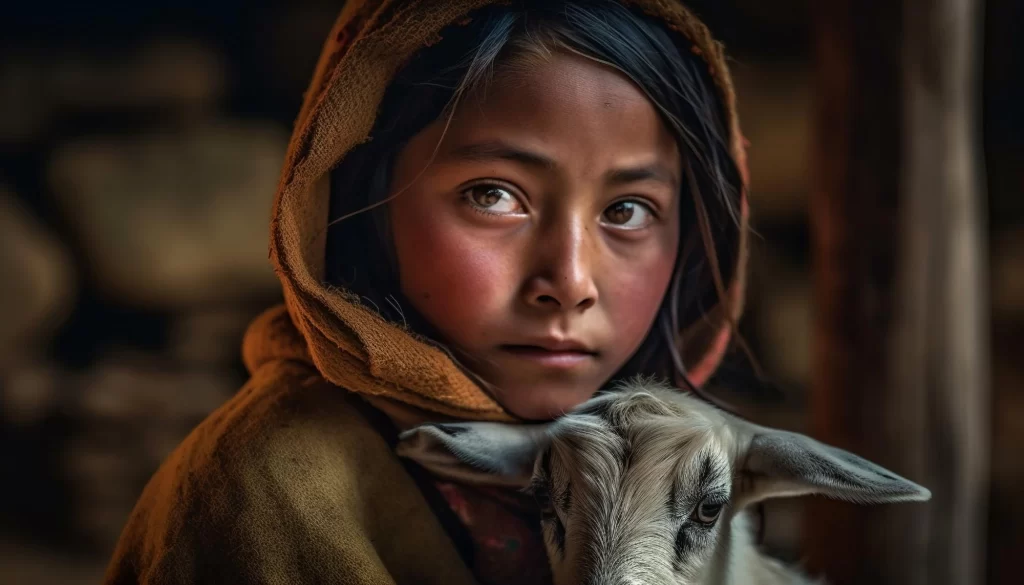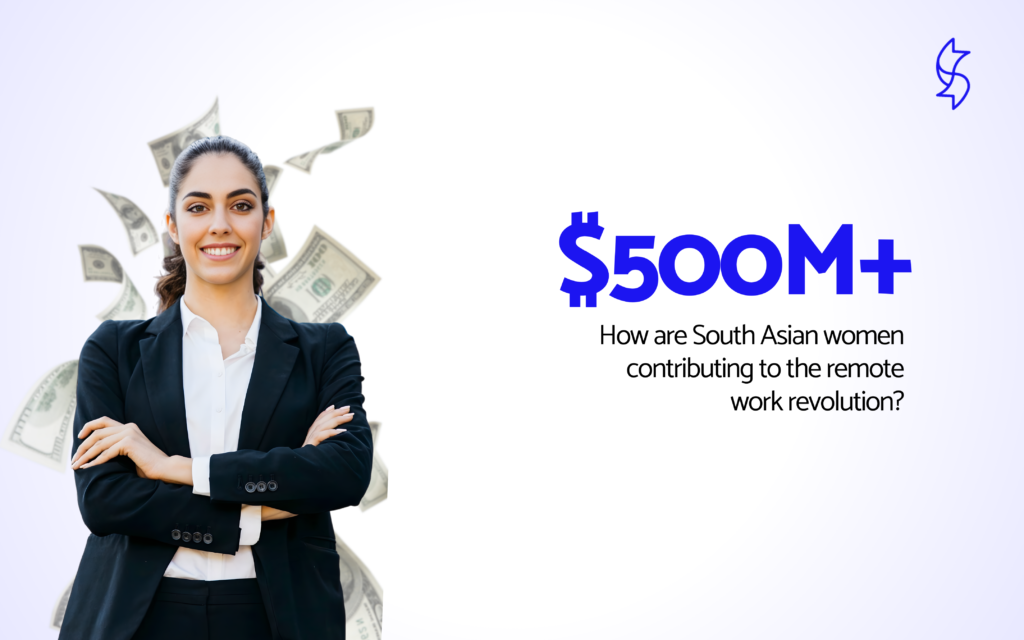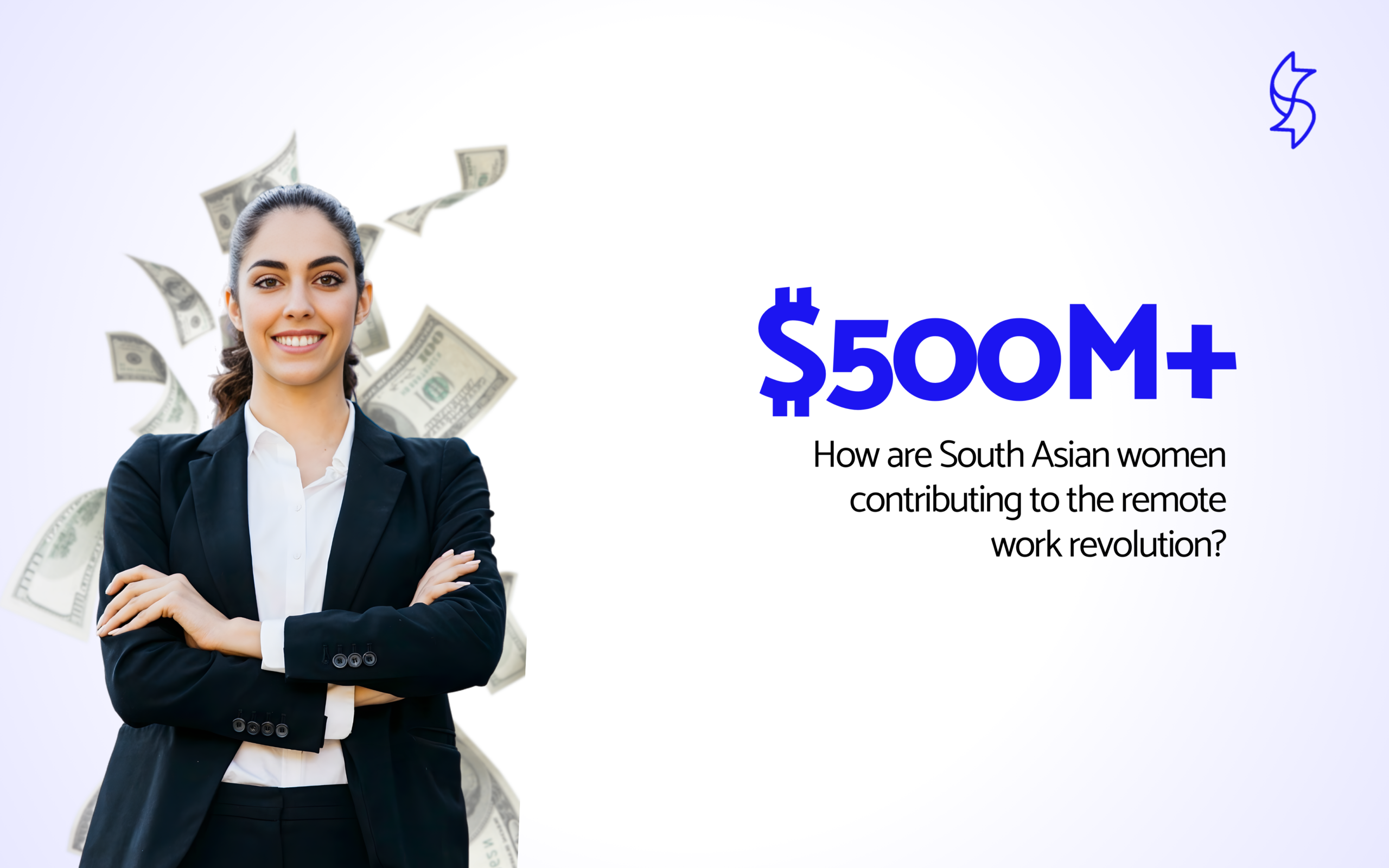The displacement of refugees is a harrowing experience that disrupts the lives of countless individuals around the world. When it comes to women and children, the impact is often magnified, as they are among the most vulnerable groups during such crises. In this article, we will explore the profound effects of displacement on refugee women and children, using the example of Afghani people deported by Pakistan to shed light on the challenges they face.

Displacement, whether caused by conflict, natural disasters, or other reasons, forces individuals and families to leave their homes and communities. This upheaval has far-reaching consequences, affecting every aspect of life, from physical and mental health to economic stability and social well-being. Women and children, in particular, face unique challenges during displacement.
Health and Well-Being
The health of women and children is often compromised during displacement. Access to essential healthcare services can be limited, leading to an increased risk of disease and malnutrition. Pregnant women face particular risks, as they may struggle to find proper prenatal care, increasing the chances of complications during childbirth.
Children’s education is also disrupted. Many children are unable to attend school, jeopardizing their future prospects and limiting their access to vital social networks.
Mental Health
The psychological effects of displacement on women and children are profound. The trauma of fleeing their homes, witnessing violence, and losing loved ones can lead to lasting emotional scars. Anxiety, depression, and post-traumatic stress disorder are common consequences, making it crucial to provide mental health support for this vulnerable population.
Economic Hardships
Displacement often results in financial instability, as families lose their sources of income and property. Women, who are frequently the primary caregivers in these situations, may face additional challenges in providing for their children. Access to employment opportunities may be limited, and the informal work sector might not provide sufficient income to sustain a family.
Protection and Safety
Women and children are at a heightened risk of exploitation and violence during displacement. They can fall victim to human trafficking, sexual abuse, and forced labor. Adequate protection measures are essential to safeguard their well-being.

The Afghan Example: Deportation by Pakistan
One stark example of the effects of displacement on women and children is the situation involving Afghani people deported by Pakistan. In recent years, Pakistan has deported a significant number of Afghan refugees, compelling them to return to Afghanistan, a country still grappling with the aftermath of decades of conflict.
The deportations have had devastating consequences. Women and children face dire circumstances, including the loss of shelter, food, and access to education and healthcare. These hardships are compounded by the ongoing insecurity and instability in Afghanistan, making it even more challenging for them to rebuild their lives.
Efforts to Alleviate the Impact
International organizations and humanitarian agencies, in collaboration with host and origin countries, work tirelessly to alleviate the impact of displacement on women and children. These efforts include providing food aid, shelter, medical care, and psychosocial support. Education programs are also crucial for the future well-being of displaced children.
The global community should continue to support these initiatives to ensure the safety and well-being of women and children affected by displacement.
The effects of displacement on women and children are profound and far-reaching. It disrupts their health, education, economic stability, and safety. The example of Afghani people deported by Pakistan underscores the challenges faced by these vulnerable populations during displacement. Addressing the needs of women and children during such crises is a moral imperative, and international cooperation is essential to provide them with the necessary support and protection as they seek to rebuild their lives.



















